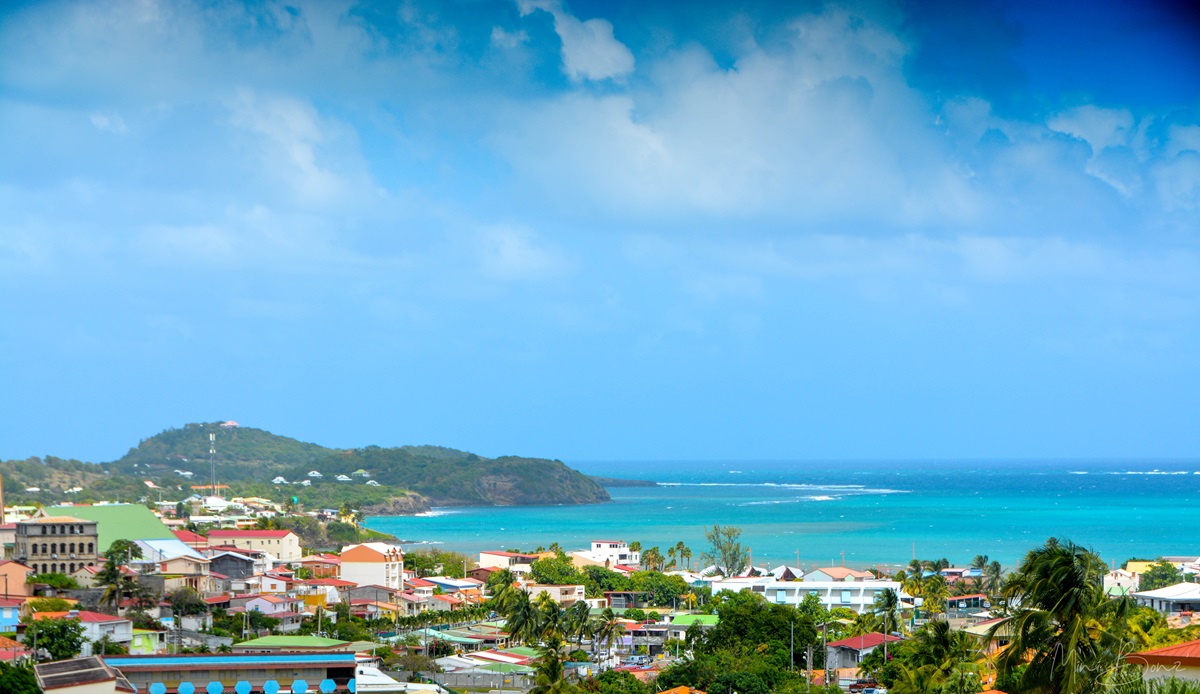
French is one of the most spoken languages in the world, celebrated not just for its elegance but also for its ability to connect diverse cultures across continents. With more than 300 million speakers globally, French serves as a bridge between nations as geographically and culturally distinct as Martinique in the Caribbean and Montreal in Canada. This blog explores the rich tapestry of French-speaking communities and how the language adapts, evolves, and thrives in different corners of the world.
A Global Language with Diverse Roots
The French language originated in northern France and spread through colonization, trade, and diplomacy. Nowadays, it is the official language of 29 countries and enjoys an official status in international organizations such as the United Nations and the European Union. But French is much more than a colonial legacy or a diplomatic tool; it’s a living, breathing language that evolves within the unique cultural contexts of the communities that speak it.
Martinique: French Caribbean Style
In Martinique, French is the official language and coexists with Créole on the island. This blend reflects the island’s colonial history, with its African, European, and indigenous influences.
Martinican French, melodically influenced by Creole intonation, conveys a distinctly Caribbean flavor. It threads through lively street markets and resonates in the energetic lyrics of Zouk music. At the same time, Creole stands as a powerful cultural marker for local identity, symbolizing resistance against cultural homogenization.
Montreal: A Francophone Beacon in North America
Montreal, Canada, offers a completely different French-speaking experience. As the largest city in Quebec, it is home to a dynamic Francophone population, with over 85% of Quebec residents speaking French as their first or second language.
The French spoken in Quebec, often referred to as Québécois, has its own accent, vocabulary, and idiomatic expressions. While mutually intelligible with European French, Québécois includes words borrowed from English and older French forms, reflecting Canada’s unique history of colonization and cultural exchange.
Montreal is fully bilingual, evident in everything from its road signs to its universities and media outlets. French also strongly influences the arts in Montreal, whether at film festivals or chanson concerts.
Africa: The Largest Francophone Continent
It is believed that the majority of French-speaking people reside in Africa, led by countries such as Senegal, Ivory Coast, and the Democratic Republic of Congo. French often serves as a lingua franca among diverse ethnic groups, each with its own native tongue.
African French is infused with local languages, resulting in regional varieties that add to its global richness. For instance, Senegalese French often borrows from Wolof, while Congolese French includes lively slang and idiomatic expressions that reflect modern urban culture.
The Enduring Appeal of French
Despite globalization and the growing dominance of English, French continues to thrive. Organizations like La Francophonie actively promote the language and its culture through training and exchange programs, ensuring it remains a dynamic means of communication and creativity.
From Martinique to Montreal, from Africa to Asia to Europe, French is far more than just a language—it is a cultural thread that weaves together history, identity, and community. Its ability to adapt and flourish in diverse contexts secures its place as one of the truly global languages for generations to come.
Conclusion
French is more than the language of Parisian cafés and Eiffel Tower postcards; it’s the heartbeat of everything from Montreal’s bustling streets to Martinique’s tranquil beaches.
Its resilience and adaptability remind us how languages cross borders and connect people. So whether you’re savoring baguettes in France, dancing to Zouk in Martinique, or navigating the cobblestone streets of Old Montreal, know that French is the common thread tying these worlds together. Embrace the diversity of French—it’s an adventure that spans continents and cultures. Bon voyage linguistique!



